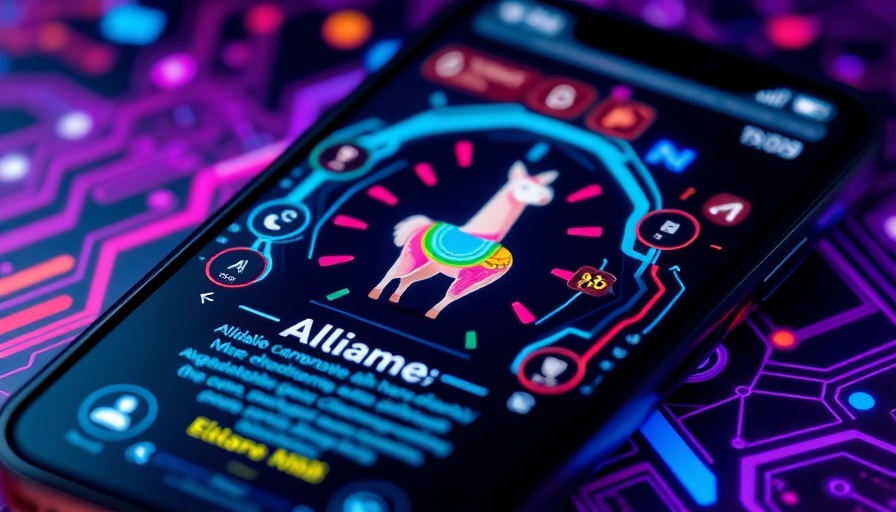
Opera Mini Welcomes Aria: A New Era of AI Integration
Opera, the Norway-based browser company, has announced that its AI assistant, Aria, will be integrated into Opera Mini for Android users. This significant enhancement aims to provide users with better access to AI features, especially those with low-end devices or limited data.
Aria is designed to assist users in retrieving the latest news, accessing information on a variety of topics, and even generating images based on user prompts. By leveraging models from powerhouses like OpenAI and Google, Aria promises to deliver relevant and accurate answers, making the browsing experience more informative and engaging.
Simplifying Internet Access for All
Opera Mini, which has been in existence since 2005, is known for its ability to help users save data while browsing the internet. Opera asserts that the introduction of Aria will not compromise its data-saving capabilities, an essential feature for users who rely on mobile internet access in data-scarce regions. This development is increasingly pertinent, as many users around the world depend on lighter browsing solutions for their daily online tasks.
AI Features Beyond Basic Browsing
With more than a billion downloads and 100 million active users globally, Opera Mini is asserting its commitment to innovation. In addition to Aria, the company is experimenting with features that allow users to navigate tabs through natural language and offers operators that can autonomously assist in completing tasks. Such advancements reflect a broader trend seen across the tech industry where AI is becoming intertwined with everyday applications, enhancing user experiences.
A Historical Context: The Evolution of Browsing Technologies
Opera's commitment to improving its browser offers a glimpse into the evolution of web technologies. From the early days of basic web pages to the intricate functionalities offered by modern systems, the integration of AI marks a pivotal shift in how user interactions are designed. This context is important as we analyze how companies are adapting to the relentless pace of technological advancements.
Future Trends in Mobile Browsing
As AI becomes increasingly influential in various applications, the implications for mobile browsing are profound. Users can expect more tailored experiences where applications learn their preferences, ultimately creating more efficient ways to interact with content. Given Opera's strategic moves, it is likely that other browser companies will closely monitor and potentially replicate these advancements.
Challenges and Opportunities Ahead
While the integration of AI presents vast opportunities, it also introduces challenges. Security concerns related to data privacy are ever-present in today’s tech landscape. As Opera expands Aria's capabilities, maintaining user trust will be critical. Additionally, as observed with the discontinuation of its free data program in Kenya last year, navigating legal and regulatory frameworks will be essential for Opera to thrive in diverse markets.
Conclusion: A Call to Embrace Change
Opera's announcement of integrating Aria into Opera Mini not only showcases its innovation but underscores the importance of AI in enhancing online experiences. As users, we should be vigilant and proactive, embracing these changes to optimize our own browsing habits. With AI and mobile technology evolving at a rapid pace, it’s essential for users to stay informed about their tools and the best practices available.
 Add Row
Add Row  Add
Add 



Write A Comment